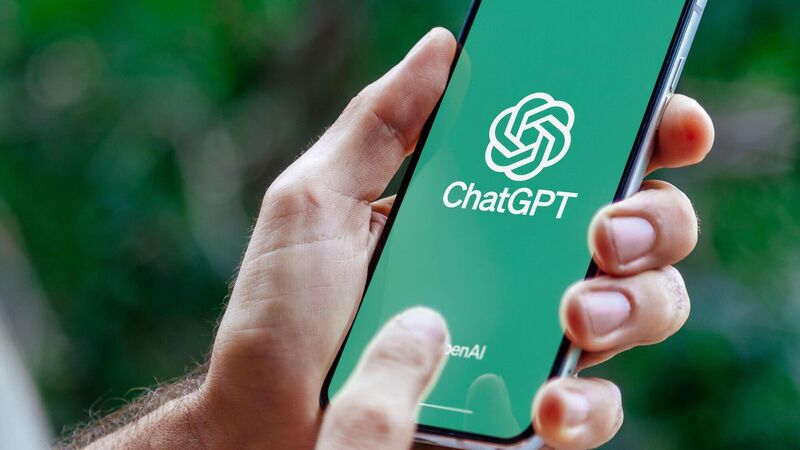Irish researchers to examine AI's risk to mental health from users' 'emotional dependence' on chatbots

'AI companions raise new questions about deceptive design and language use, consent, psychological harm, and commercial incentives.'
Are people who use AI chatbots for “companionship” becoming emotionally dependent on them? Are they designed to make people hooked on them?
Researchers at Trinity College Dublin are set to embark on a new project to find out how artificial intelligence (AI) could be shaping our feelings and behaviours, and what happens when technology begins to blur relational boundaries.













